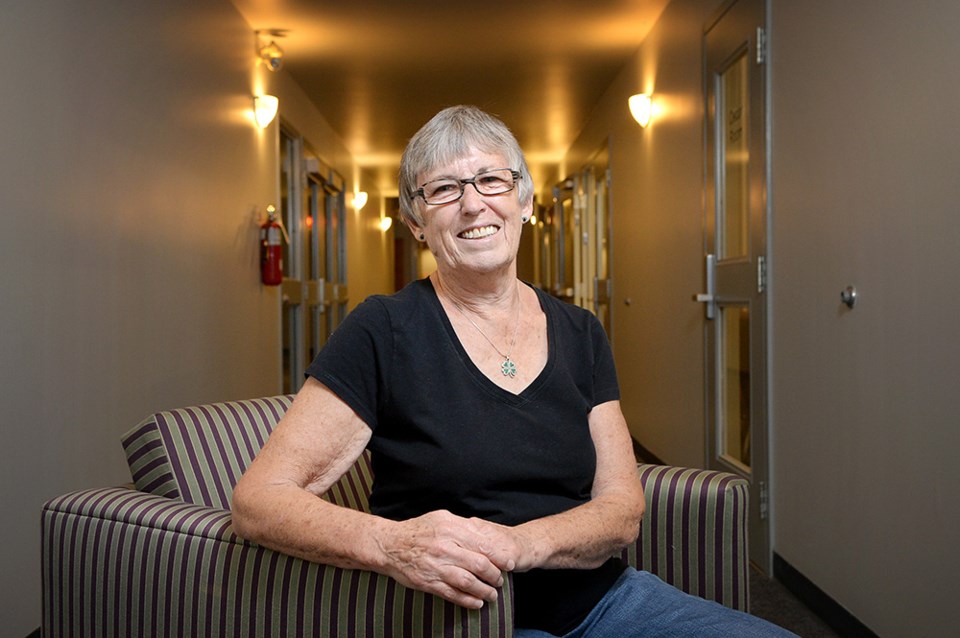Much of the attention given to retirement preparation centers around finances. The basic premise is that financial planning is paramount in order to be ready for the end of one’s work career. And yet, there is little discussion around how to prepare for life without a workplace to go to every day.
Longtime New Westminster resident Pat Dunnett, 74, was a psychiatric nurse for 46 years before she retired nine years ago. It was a career she says she really enjoyed. And yet, she was surprised to find it was difficult at first to transition from full-time work to retirement.
“When you are working, you can almost compare it to a closed little community that is your focus. You go to work and you work within the same type of team all the time, … so you feel very comfortable,” she said. “When you retire, and start looking for something else, you have lost that comfort level.”
According to April Lewis, a B.C. representative of the seniors’ advocacy group Carp, the most important thing when a career ends, is to grieve what is lost.
“The biggest challenge is the grieving and feeling useless and unimportant and not knowing where you fit into society,” Lewis said.
Lewis has been through a reinvention of her own having divorced and lost her job in her late 50s. She is now a published writer and spokesperson at 62-years-old.
She said there are three things that help with healthy aging in general and that can be applied when work ends, or before: exercise, social connections and having a sense of purpose.
“In the reinvention phase, you have to redefine yourself and find that new sense of purpose,” she said.
For Dunnett, the first step to a new sense of purpose was to take the Learning, Educating and Developing Seniors (Leads) program at the local seniors’ centre, Century House, which she said helped her gain confidence, and opened doors for volunteer opportunities. The program helps people figure out what their passion is and, in practical ways, how to make their ideas a reality.
The answer to “what next” for Dunnett, was volunteering.
She now volunteers with Immigrant Grandparents on the Go, a program for seniors caring for grandkids while the parents work, which operates out of New Westminster Family Place. She said she has learned a lot through that program.
“At first I found it difficult, the language barrier … but you know, you get past that.
“It is very interesting,” She said. “You are learning about other cultures, other people and you know you meet some wonderful people, I think that is the nicest part of it,”
She also sits on a New Westminster-based small-grants committee for the Vancouver Foundation. Dunnett’s advice for others just starting their retirement is to get out, and live.
“As much as there are days you would like to sit home in your rocking chair and read a good book, you need to get out in the community, you need to keep learning, and keep doing things – be vibrant,” she said.
For more information on the Leads and other programs for seniors contact Century House at 604-519-1066.



